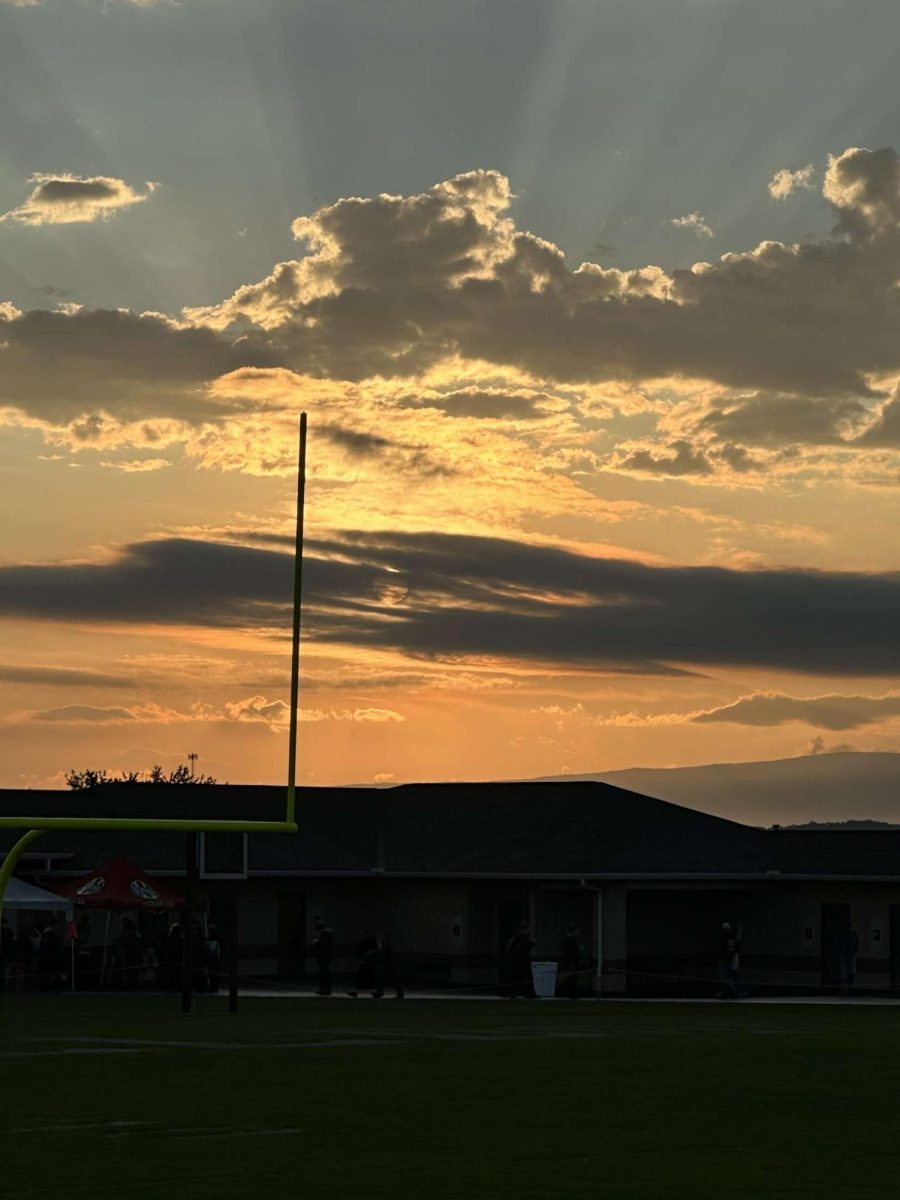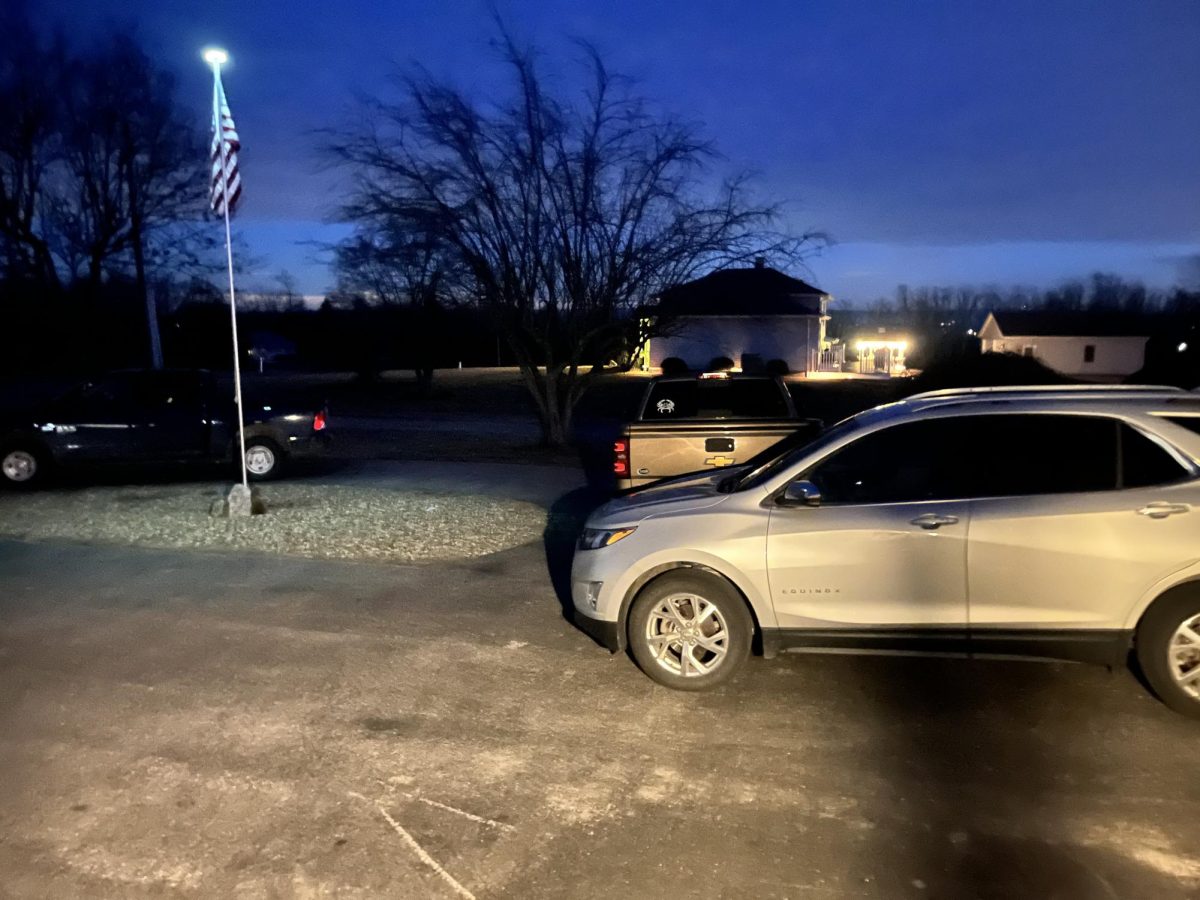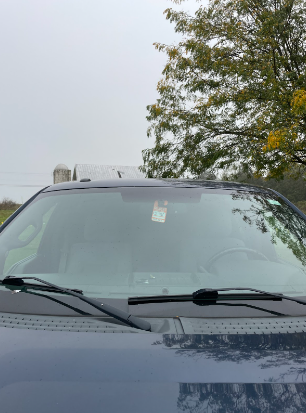If you feel fatigued after giving up your priceless sleep to switch to daylight savings time (DST), you’re not alone. According to the American Academy of Sleep Medicine (AASM), 55% of Americans report feeling tired after the clocks shift forward.
Daylight savings time was created to save energy and daylight, but as the knowledge and technology surrounding DST are modernized, the practice itself has not. According to AASM, standard time is better aligned with human circadian biology than daylight savings time. They said, “Due to the impacts of the delayed natural light/dark cycle on human activity, could result in circadian misalignment.” This means that altering when the sun rises and sets, affects our circadian rhythm and could cause issues. According to the National Institutes of Health (NIH), circadian misalignment causes drowsiness during the day, insomnia, and difficulty waking up in the morning. But that’s not all, they say that misalignment due to shifting to DST in the spring increases the risk of a heart attack or stroke, especially in the first few days.
It is often argued that light later in the day causes fewer motor vehicle crashes, however, according to a study done by Current Biology, fatal crashes increase by 6% after the spring transition. This could be caused by drowsy driving or drivers forced to drive in the morning while it is still dark during DST. According to the AAA Foundation for Traffic Safety, driving while drowsy reduces your judgment as much as driving while impaired.
Pennsylvania should adopt permanent standard time. There are very mixed results on whether or not energy is saved during DST but sources such as the Department of Transportation reported decreases of 1%. At the same time, a European study found that there was a slight decrease in lighting usage but a 9% increase in heating. This is why, according to Statista, less than 40% of the world observes daylight savings time. Instead, most countries stay in permanent standard time. Both Arizona and Hawaii have adopted permanent standard time, so Pennsylvania would not be the first. Is saving 1% of our energy worth the risk of disturbing the health of 100% of our population? We have to consider the population’s health because part of a functioning society is the people in it.






